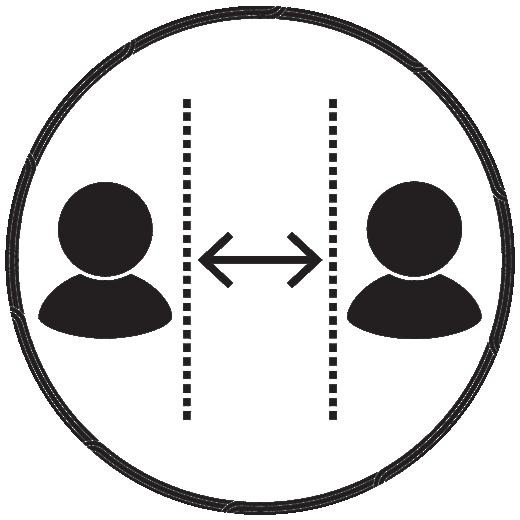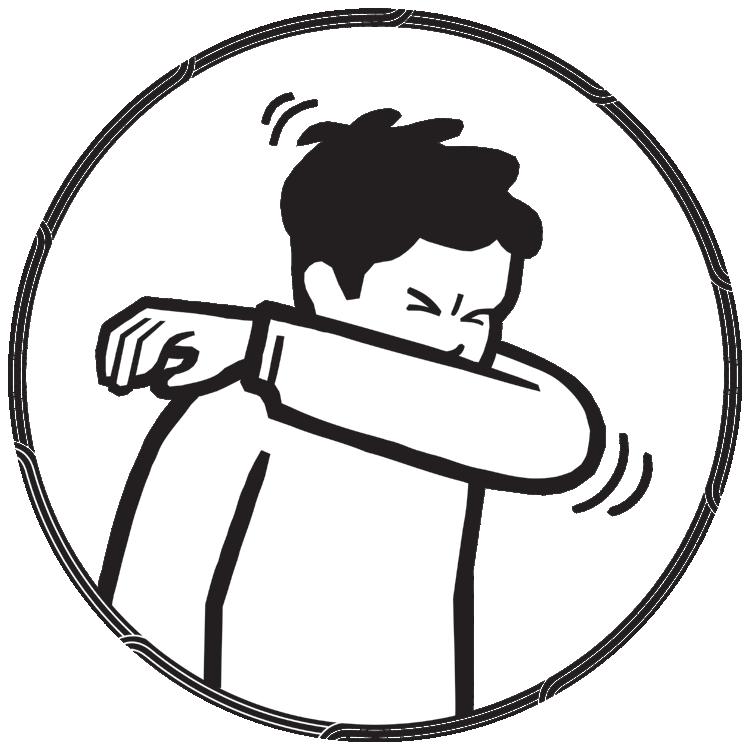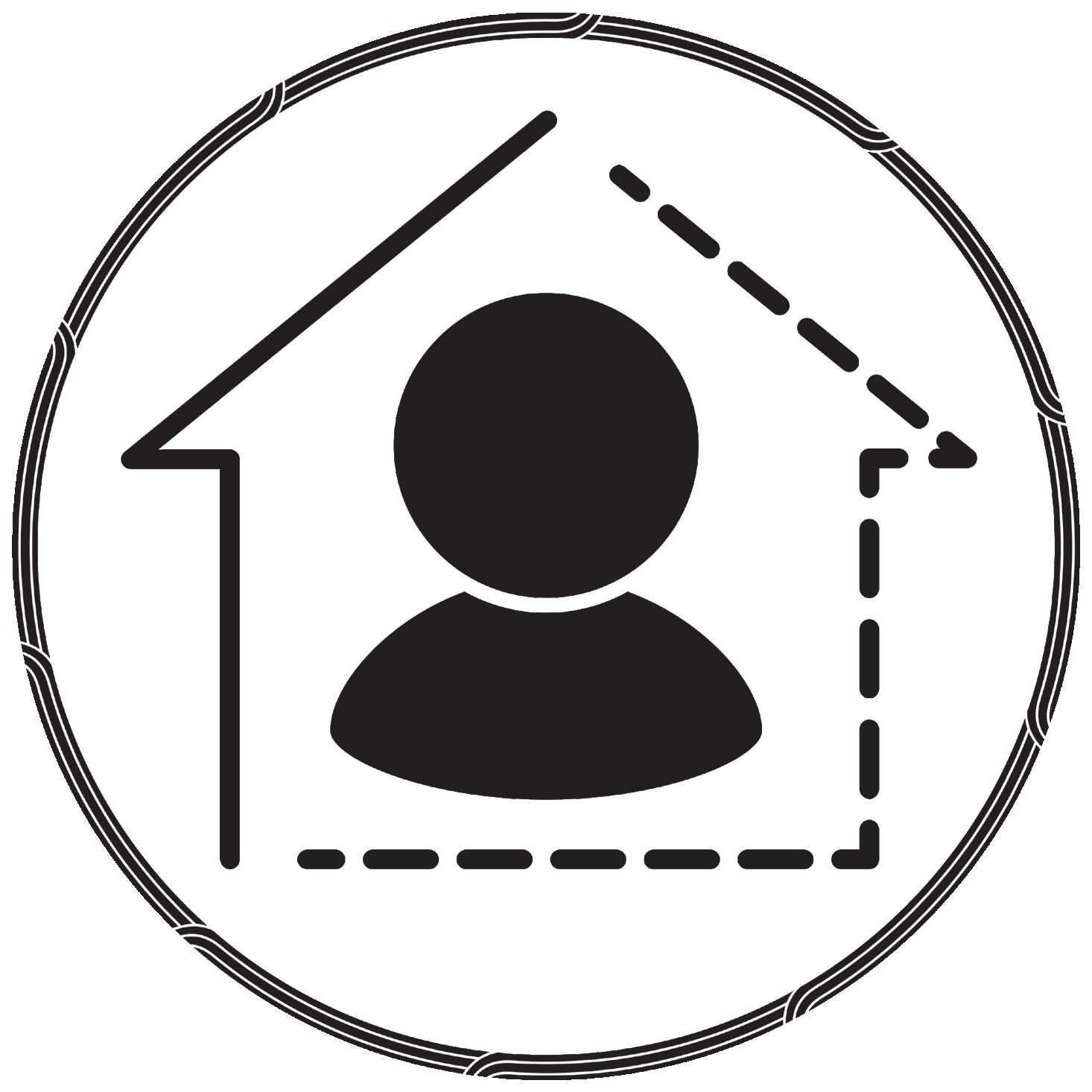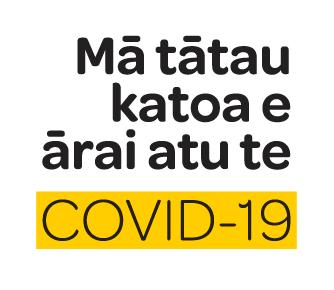
3 minute read
What is COVID-19?
About the virus
COVID-19 is a disease caused by the coronavirus SARS-CoV-2. It particularly affects your lungs and airways.
Coronaviruses are from a large and diverse group of viruses that cause illnesses like the common cold. Other recent diseases caused by coronaviruses include severe acute respiratory syndrome (SARS) and Middle East respiratory syndrome (MERS).
SARS-CoV-2 (COVID-19) was first recognised in China and likely originated in animals. It is still unclear how the virus came to infect humans. The disease spread to other countries, with the World Health Organization (WHO) declaring a global pandemic on 11 March 2020. Since then, the virus has undergone genetic mutations as it adapts to humans. Some of these mutations, such as the Delta variant, can spread more easily than the original virus and cause more severe effects.
However, as our understanding of the COVID-19 virus has grown, so has our ability to keep you safe.
How COVID-19 spreads
COVID-19 is spread from person to person. When an infected person breathes, speaks, coughs, sneezes or sings, they may spread particles containing the virus.
These particles range in size. Larger and heavier particles — droplets — quickly fall to the ground or other surfaces within seconds or minutes. Smaller particles — aerosols — can remain airborne for minutes to hours.
Spread of the virus by aerosols appears to be more important than previously thought. The risk of airborne transmission becomes higher: • in enclosed spaces that do not have good airflow • in crowded places with many people nearby • in close-contact settings, such as close-range conversations, singing, or shouting. The risk is lower outside, with fewer people, and if people are widely spread.
How to protect yourself and others
These simple steps slow the spread of the virus and help protect you, your whānau, and your community from COVID-19: • If you have cold, flu or COVID-19 symptoms, stay home and call your doctor or Healthline for free on 0800 358 5453. • Get vaccinated and carry your vaccine pass. • Wear a face covering. • Keep track of where you have been with the NZ COVID Tracer app or
NZ COVID Tracer booklet. • Regularly wash and thoroughly dry your hands. • Sneeze and cough into your elbow. • If you are in a gathering, keep distanced from other groups and avoid mixing with them. • Clean or disinfect shared surfaces often.

Kia mare, kia matihe rānei ki tō tuke.
Common symptoms and less common symptoms
The symptoms of COVID-19 are similar to the cold or flu. Some people will only experience mild to moderate symptoms, others can suffer long term or even permanent health impacts. Māori and Pacific people, older people, ethnic minorities, and those with underlying medical conditions are at higher risk of severe illness from the virus. Symptoms can include one or more of the following: • a fever of at least 38°C • a new or worsening cough • sore throat • shortness of breath • sneezing and runny nose • temporary loss of smell or altered sense of taste.
Less common symptoms may include: • diarrhoea • headache • muscle pain or body aches • nausea • vomiting • confusion or irritability.
If you have any symptoms, noho ki te kainga, call your doctor or Healthline free at 0800 538 5453

E noho ki te kāinga mēnā kei te māuiui koe
Feeling sick? Stay home.





